We don’t really think much about it, but the dark stimulant that we sip every day is now a firmly ensconced part of our lives. But is this a problem, and are doctors more desirous of a ‘cup of Joe’ than the ‘average Joe’?
In a never-ending quest for knowledge, and for your sake, The Dorsal View has trawled the internet for eclectic research on the matter.
The physical and psychological effects of coffee consumption or over-consumption are well documented and I won’t labour them here. It is, technically, a psychoactive substance, after all. But if you’re talking about caffeine over-use, medical students seem like an obvious demographic to start with.
A 1990 study examined the potential relationship between high-dose caffeine and potential anxiety and depression symptoms in Japan. The survey, conducted among 291 medical students, showed that among males, caffeine consumption was significantly and positively correlated with anxiety symptoms, when alcohol use and smoking habits were adjusted. The good news for medical students is that there was no relationship found between caffeine consumption and depressive symptoms. Among female participants, there was no association found between caffeine consumption and anxiety symptoms. Interestingly, high-dose caffeine users showed less depressive symptoms than moderate or low users, even after alcohol use was adjusted.
So much for the students in Japan. A 2022 study (Turkish Medical Student Journal) titled ‘What physicians should know about coffee’ highlighted some significant variations in the rates of coffee consumption internationally. Finland and Norway reported the highest rate of coffee consumption, with a mean average of 9.6kg and 7.2kg of the stuff chugged per person per year, respectively. The US, which many would have expected to top the table, reported a relatively low 3.1kg per person per annum, while in Canada, coffee was second only to water as the nation’s most popular drink. The Irish average is expected to be around 1.2kg per capita in 2024. This compares to 0.270 kg in 1962.
A busy hospital doctor on a long shift will probably need more caffeine than the average person, but will have less time to drink it. I dub this the ‘Witherspoon Paradox’; further research is needed, as they say, but there could be interesting data on how many cups of coffee go cold on the average hospital doctor during a typical shift.
The Turkish study also reveals some data on consumption by medical specialty. The authors court controversy by stating: “For medical professions, it is generally accepted that surgeons consume more coffee than internists.” Irish internists may have something to say about that, but the statement is borne out by separate studies. One of these (conducted in a Swiss centre) showed that male physicians purchased significantly more cups of coffee per person each year than their female counterparts (128±140 versus 86±86, p<0.01).
It was additionally found that orthopaedic surgeons reported the highest coffee purchase per person per year, followed by radiologists, and then general surgeons. The least coffee-hungry specialists were anaesthesiologists.
One interesting finding was a disparity in the amount of coffee consumed between senior doctors and their ‘junior’ counterparts. They were diametrically opposed – senior consultants purchased most cups of coffee per person per year, while junior doctors purchased the least.
I’ll finish with a 2010 study from the BMJ that comprised 766 qualified doctors (425 men, 341 women) from all medical specialties in a paper titled ‘Black medicine: An observational study of doctors’ coffee purchasing patterns at work’. The authors summed it up thus: “Doctors commonly use coffee as a stimulant. Substantial variation exists between specialties. Surgeons drink notably more coffee than physicians, with orthopaedic surgeons consuming the greatest amount in the communal cafeteria setting, though this might reflect social tendencies rather than caffeine dependency.” They also offered a theory as to why more senior doctors seem to buy more coffee: “Hierarchical position is positively correlated with coffee consumption and generosity with regard to buying rounds of coffee.”
My rigorous research on your behalf has brought me to far-flung corners of the internet where coffee meets physicians on the Venn diagram. I even ended up in a dark corner of the web where I was offered a 20 per cent discount on a course of therapy to deal with caffeine addiction.
Time to put the kettle on.
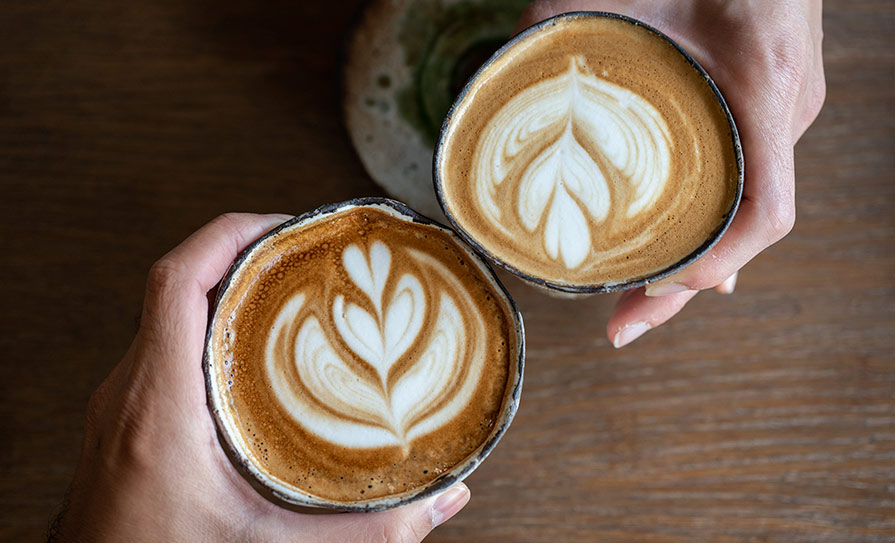
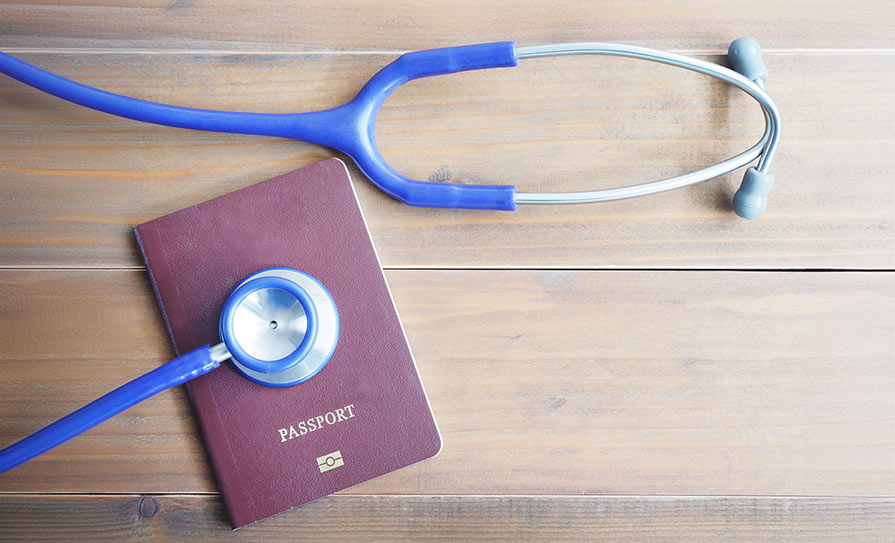
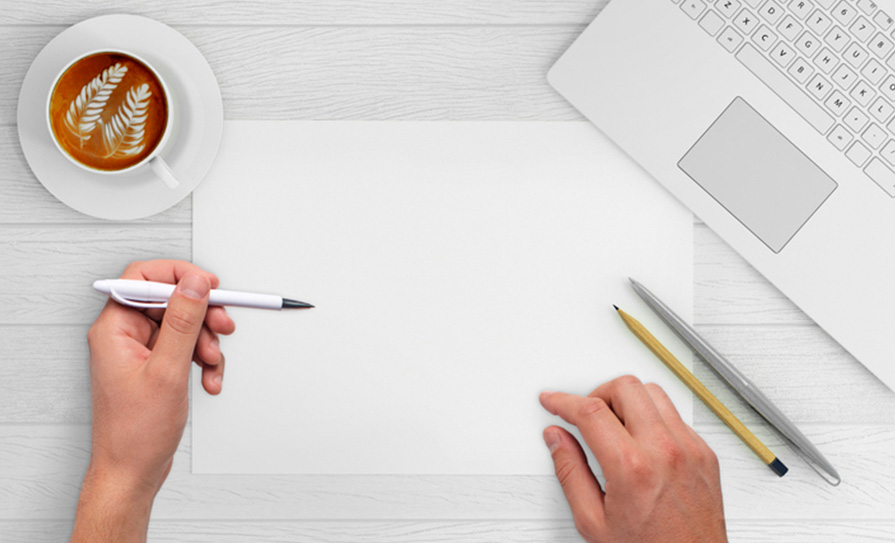

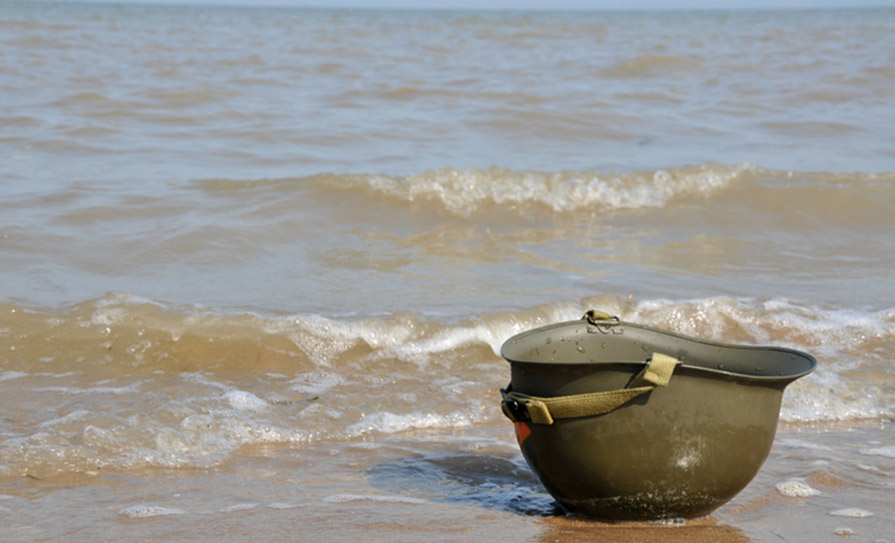


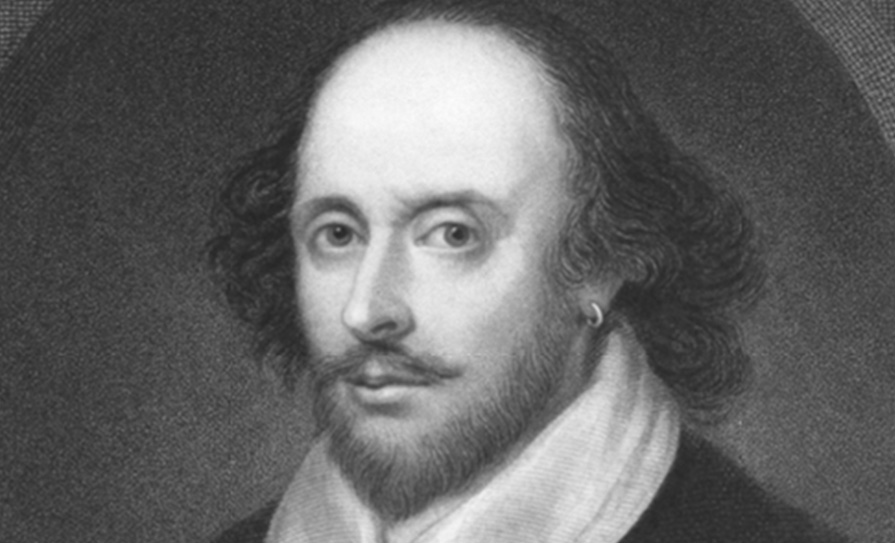
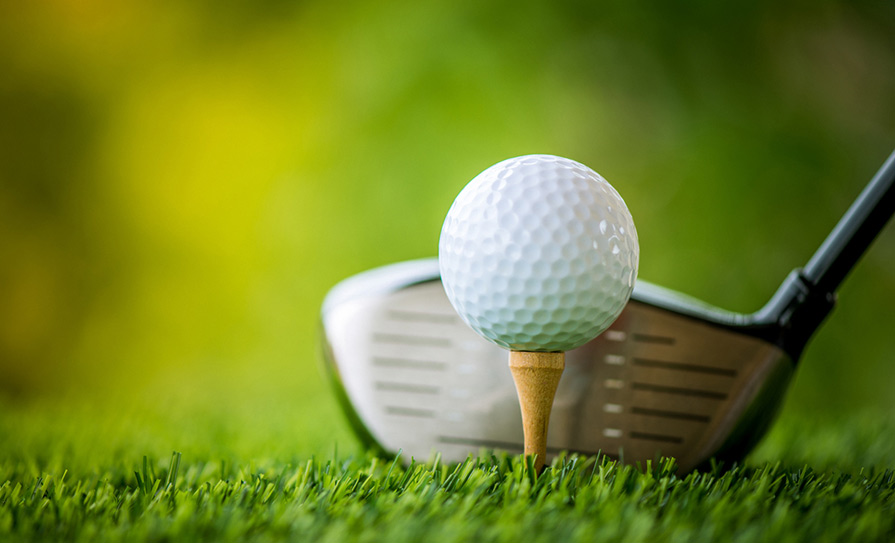




Leave a Reply
You must be logged in to post a comment.